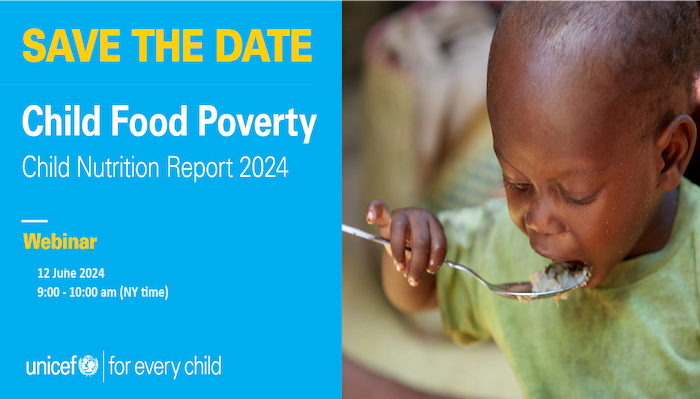According to the United Nations Children’s Fund (UNICEF), one in four children worldwide is experiencing severe food poverty, with Nigeria being among the 20 countries most affected.
In its 2024 report, UNICEF revealed that 181 million children under five globally face severe food poverty, surviving on just one or two food groups daily, with some days being even worse. This means they lack access to a nutritious and diverse diet.
“The scale of this deprivation is alarming, and the overall slow progress to address this crisis hides deep inequalities at both global and regional levels,” the report said.
The report indicated that severe child food poverty affects all regions, but over two-thirds of affected children live in 20 countries, mainly in South Asia and sub-Saharan Africa, including Afghanistan, Bangladesh, China, Côte d’Ivoire, DRC, Egypt, Ethiopia, Ghana, India, Indonesia, Myanmar, Niger, Nigeria, Pakistan, the Philippines, Somalia, South Africa, Tanzania, Uganda, and Yemen.
Out of 63 countries surveyed, Nigeria ranked 32nd in severe child food poverty, classified as “high,” and performed worse than Ghana, Togo, Mali, and Côte d’Ivoire.
The report attributes child food poverty to growing inequities, conflict, climate crises, rising food prices, unhealthy foods, harmful marketing, and poor feeding practices. It stressed that severe child food poverty is due to failing systems, not families.
“Feeding young children is not simply about filling stomachs,” the report added.
“But the forces that lead to severe child food poverty – poor food environments, poor feeding practices and household income poverty – are beyond their full control.
“These forces persist because the food, health and social protection systems are failing to improve physical and financial access to affordable nutritious and diverse foods and are failing to equip parents and families with the knowledge, skills and support they need to feed these foods to their children.”
In the foreword of the report, UNICEF Executive Director, Catherine Russell, said ending child food poverty is a policy choice, and that the solutions are “well known”.
UNICEF said part of the solutions was to “position child food poverty elimination as a policy imperative and child food poverty reduction as a metric of success towards achieving global and national nutrition and development goals, with time-bound targets and results in relevant sectoral and multi-sectoral plans.”
Get instant and latest news updates via Our WhatsApp Community or Google News online channel.

